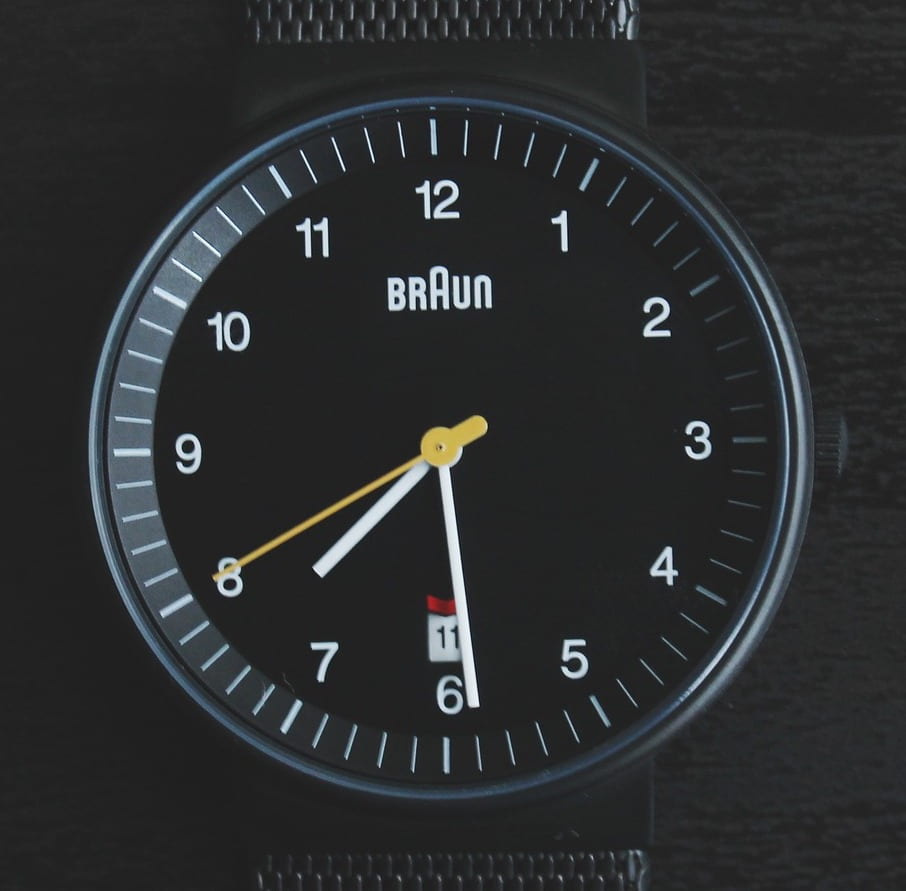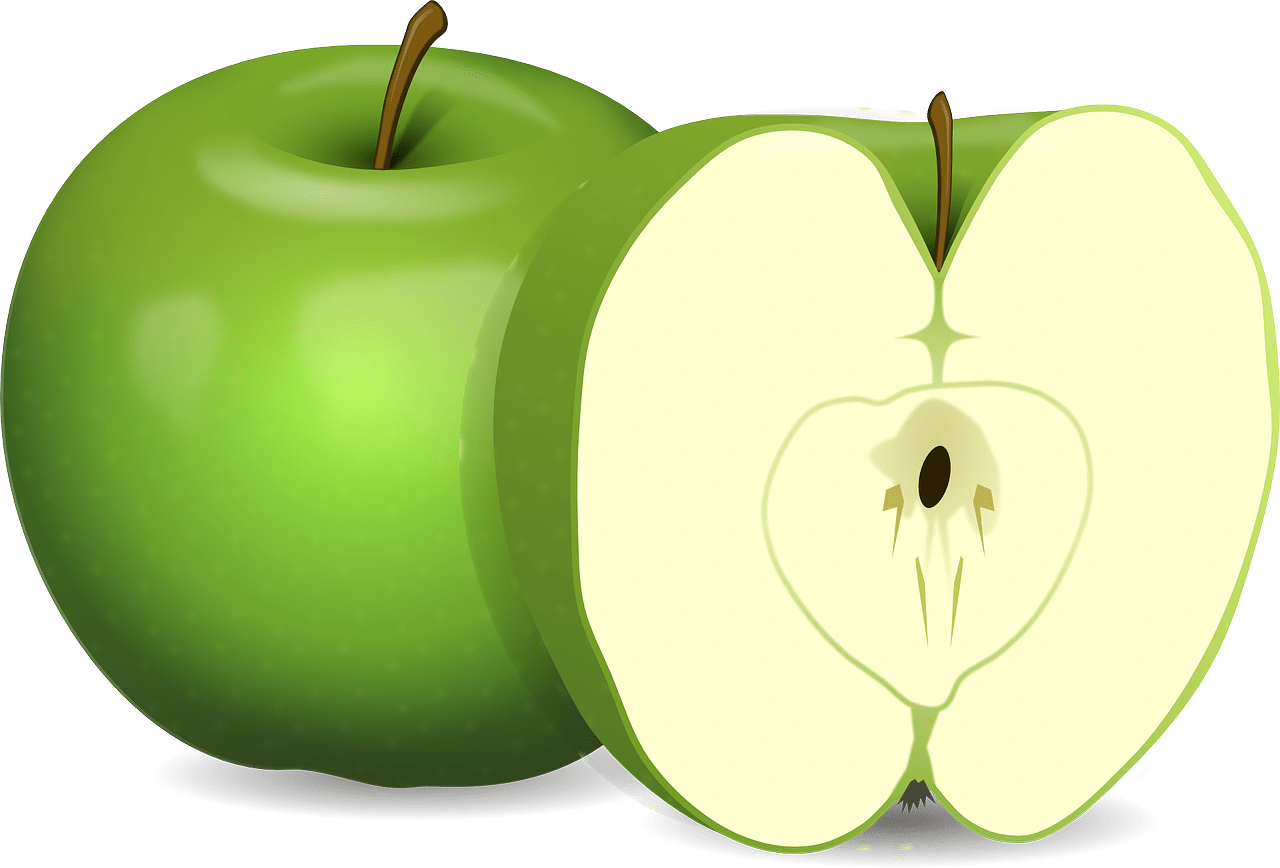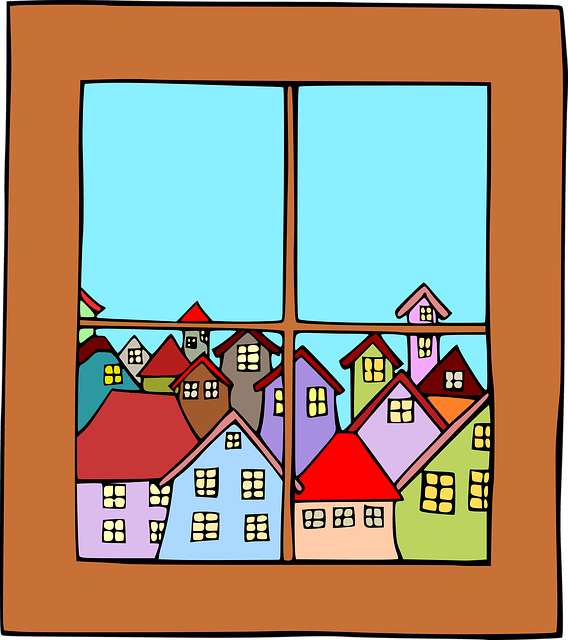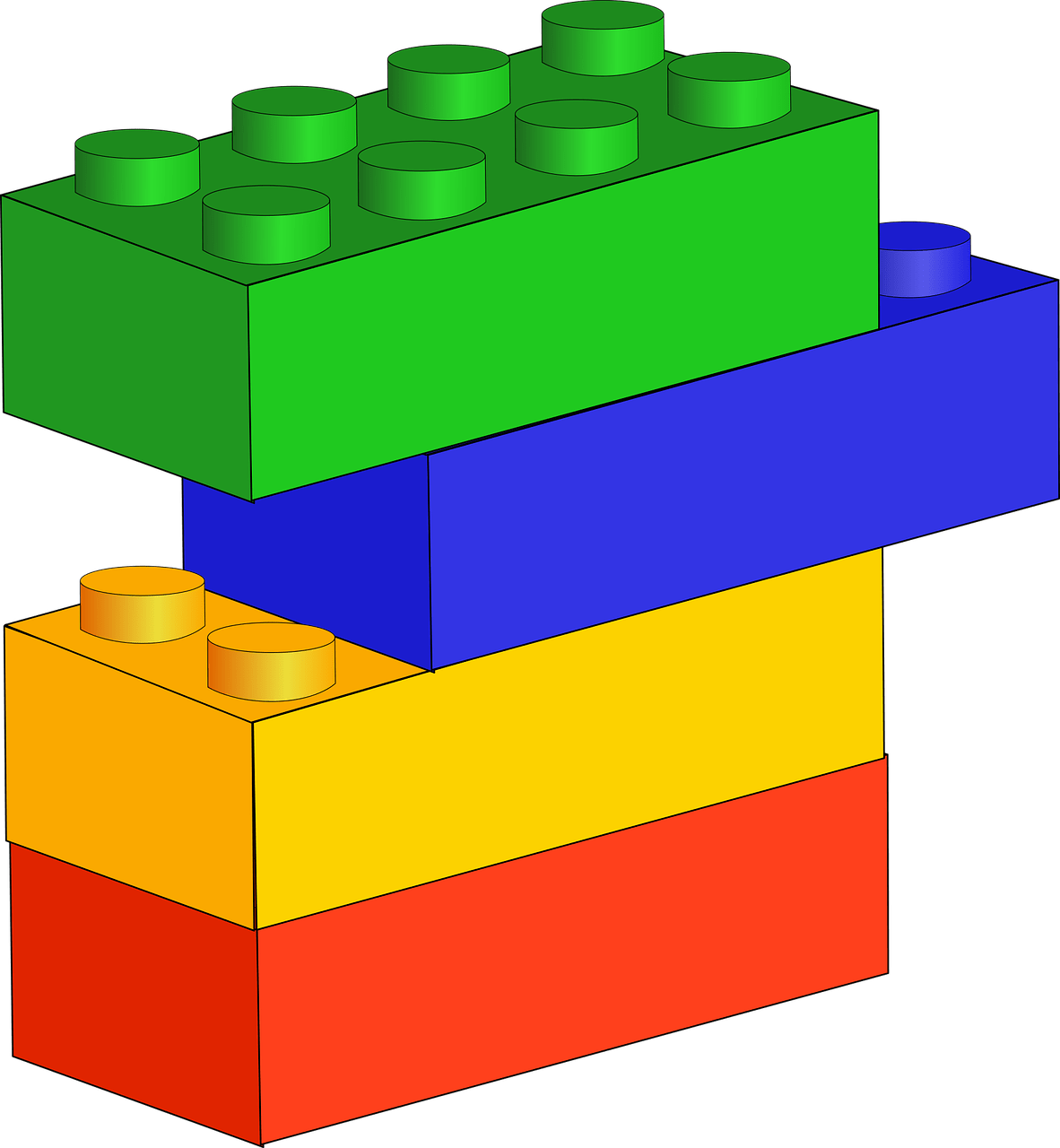 Question 1: Constructing a Present Tense Sentence
Question 1: Constructing a Present Tense Sentence
Morgens trinke ich immer eine Tasse Tee.
In a present-tense sentence, the conjugated verb is placed in the _______ position.
 Question 2: Identifying an Accurate Present-Tense Sentence
Question 2: Identifying an Accurate Present-Tense Sentence
Which sentence describes the picture and is written in the present tense?
a.
b.
c.
d.
 Question 3: Constructing a Future Tense Sentence
Question 3: Constructing a Future Tense Sentence
Ich werde dich vermissen. - I shall miss you.
To construct a sentence in the future tense, you place...
a.
b.
 Question 4: Selecting a Future Tense Sentence
Question 4: Selecting a Future Tense Sentence
Which sentence below is in the future tense and also represents the picture?
a.
b.
c.
d.
 Question 5: Two Kinds of Sentences
Question 5: Two Kinds of SentencesIn the conversation below, the first speaker uses a modal verb and an infinitive verb while the second expresses an idea in the future tense. Can you select the correct word for each space?
Diana: Nach der Schule ich auf einen Kaffee . Kommst du mit?
Paige: Leider ich nicht genug Zeit .
 Question 6: Constructing Sentences with a Modal Verb
Question 6: Constructing Sentences with a Modal Verb
Ich muss morgen ziemlich viel erledigen. - I have to get quite a lot done tomorrow.
To construct a sentence with a modal verb such as möchten or müssen, you place...
a.
b.
 Question 7: Two Modal Verbs in Sentences
Question 7: Two Modal Verbs in SentencesIn the sentences below, the first speaker describes what he would like to do. The second describes what he must do. Can you select the correct word for each space?
Karl: Heute Abend ich dieses spannende Videospiel . Spielst du mit?
Patrick: Tut mir leid, leider ich für eine Prüfung . Vielleicht morgen Abend?
 Question 8: Constructing a Perfect Tense Sentence
Question 8: Constructing a Perfect Tense Sentence
Ich habe einen Apfelkuchen gebacken.
Which two elements are essential in a perfect tense sentence?
a.
b.
 Question 9: Constructing a Perfect Tense Sentence, Part 1
Question 9: Constructing a Perfect Tense Sentence, Part 1The two students below are discussing their weekends. Can you select the correct word for each space?
Julia: Am Wochenende wir zum Essen . - At the weekend we went out for a meal.
Astrid: Mein Wochenende war ziemlich langweilig. Ich die ganze Zeit zu Hause . - My weekend was fairly dull. I stayed at home the whole time.
 Question 10: Constructing a Perfect Tense Sentence, Part 2
Question 10: Constructing a Perfect Tense Sentence, Part 2In the two sentences below, friends are being helpful to travellers. Can you select the correct word for each space?
a Mein Freund mich netterweise am Bahnhof . - My friend dropped me off at the railway station.
b Meine Freunde in Deutschland mich vom Flughaben . - My friends in Germany picked me up from the airport.
 Question 11: A Final Summary of These Four Sentence Patterns:
Question 11: A Final Summary of These Four Sentence Patterns:Can you match the descriptions with the four sentences below? Select the right description for each sentence.
*****
a
Mein Vater ist immer für mich da.
b
Vielleicht werde ich eine Autoreise mit Freundinnen machen.
c
Ich möchte Zeit mit Freunden und Familie verbringen.
d
Darüber habe ich noch nicht nachgedacht!